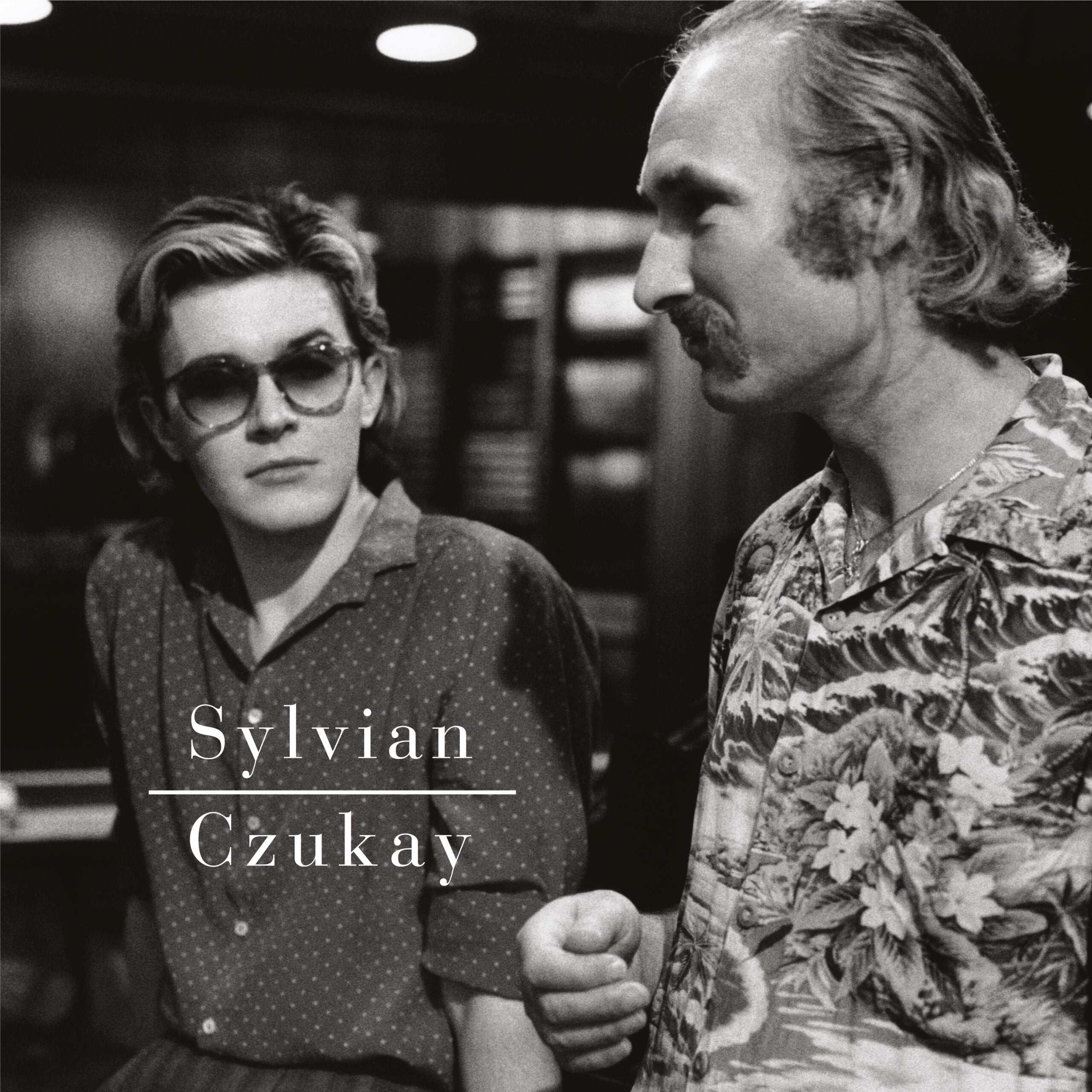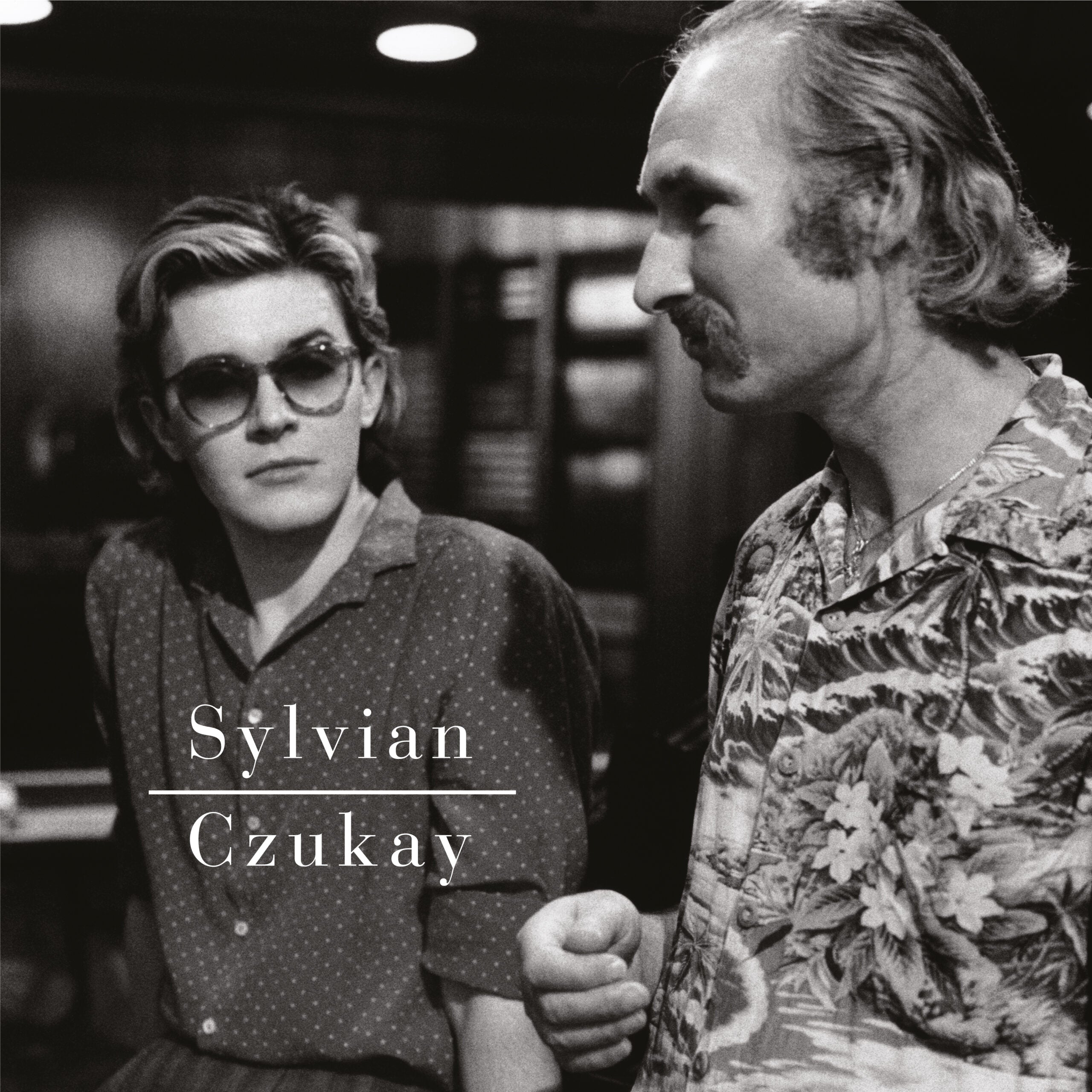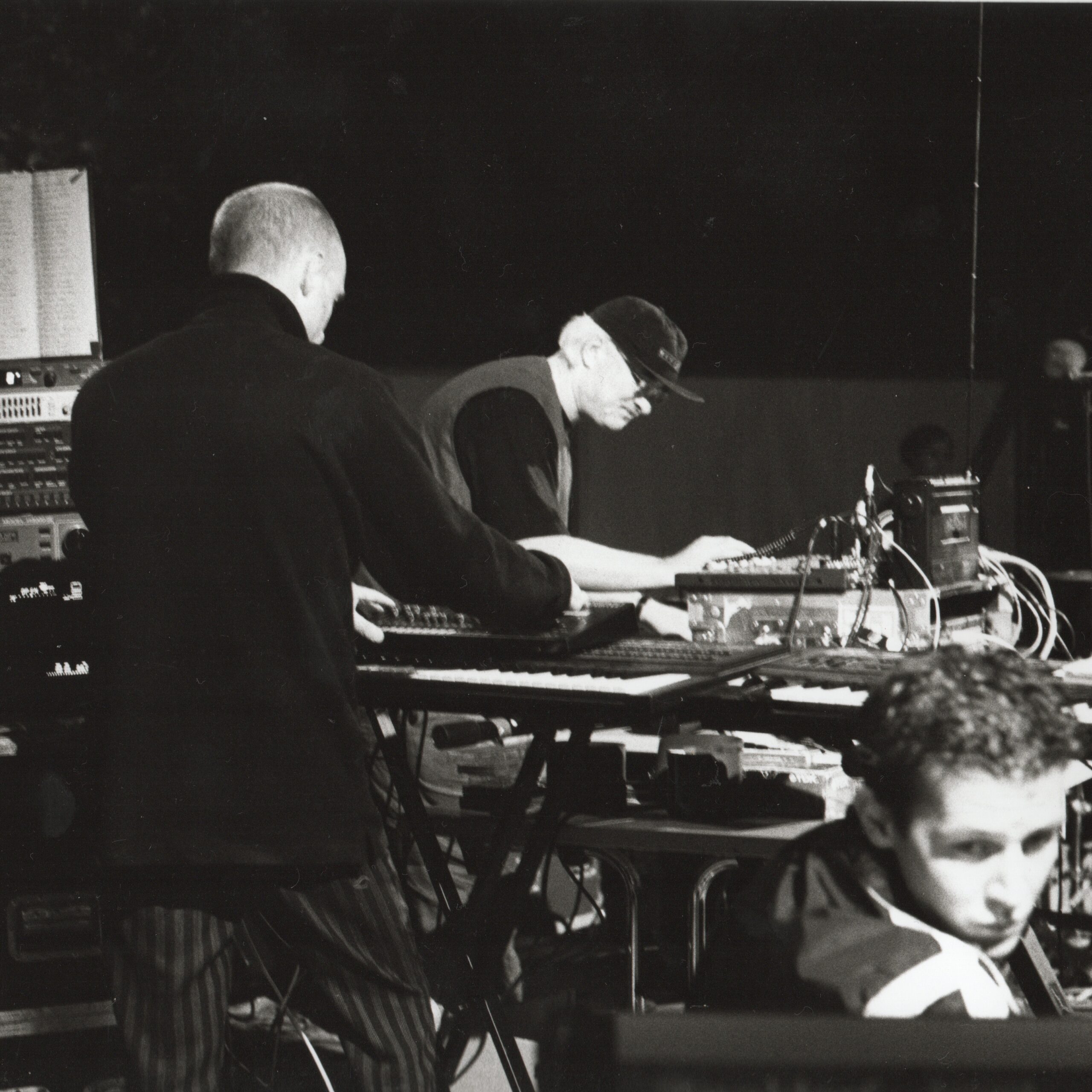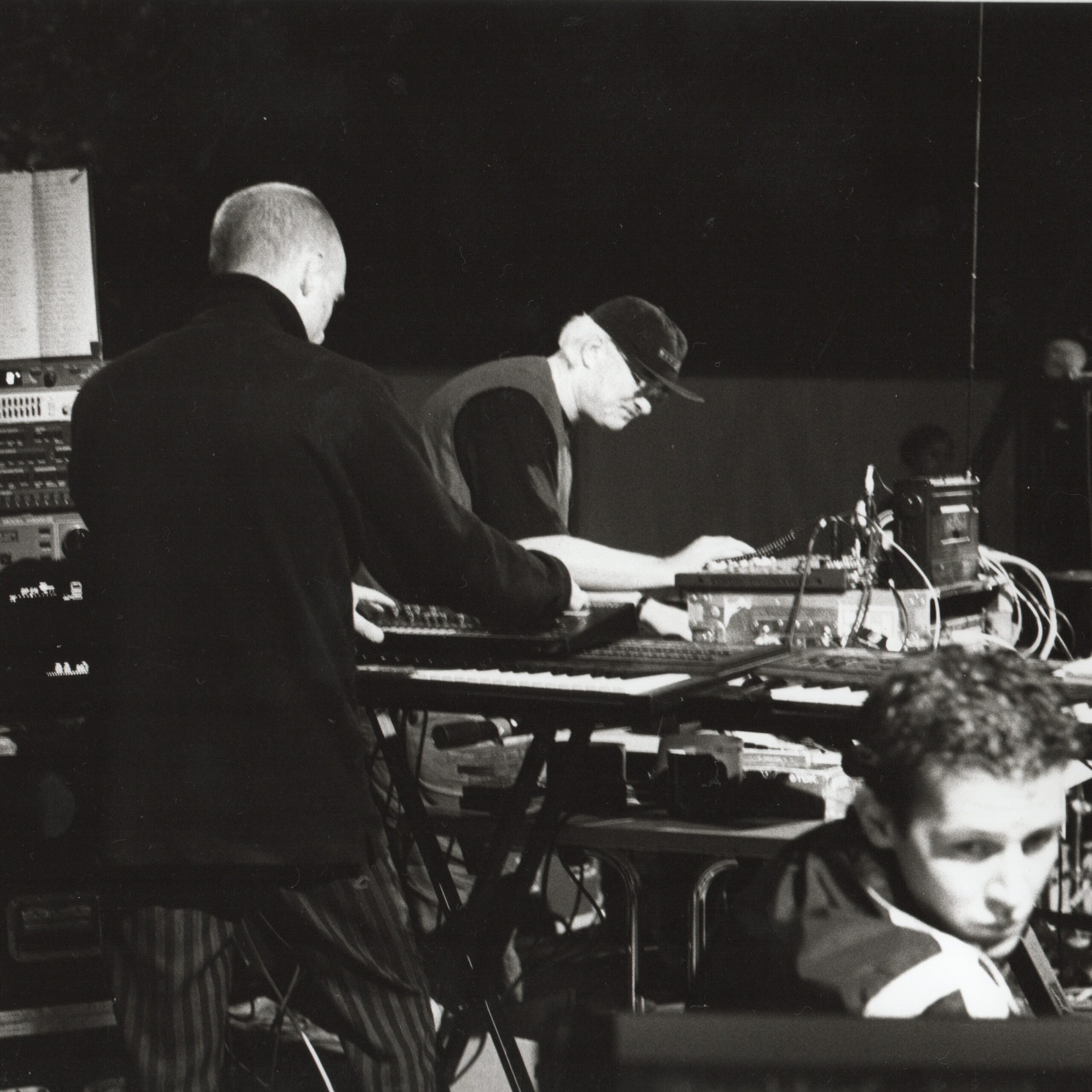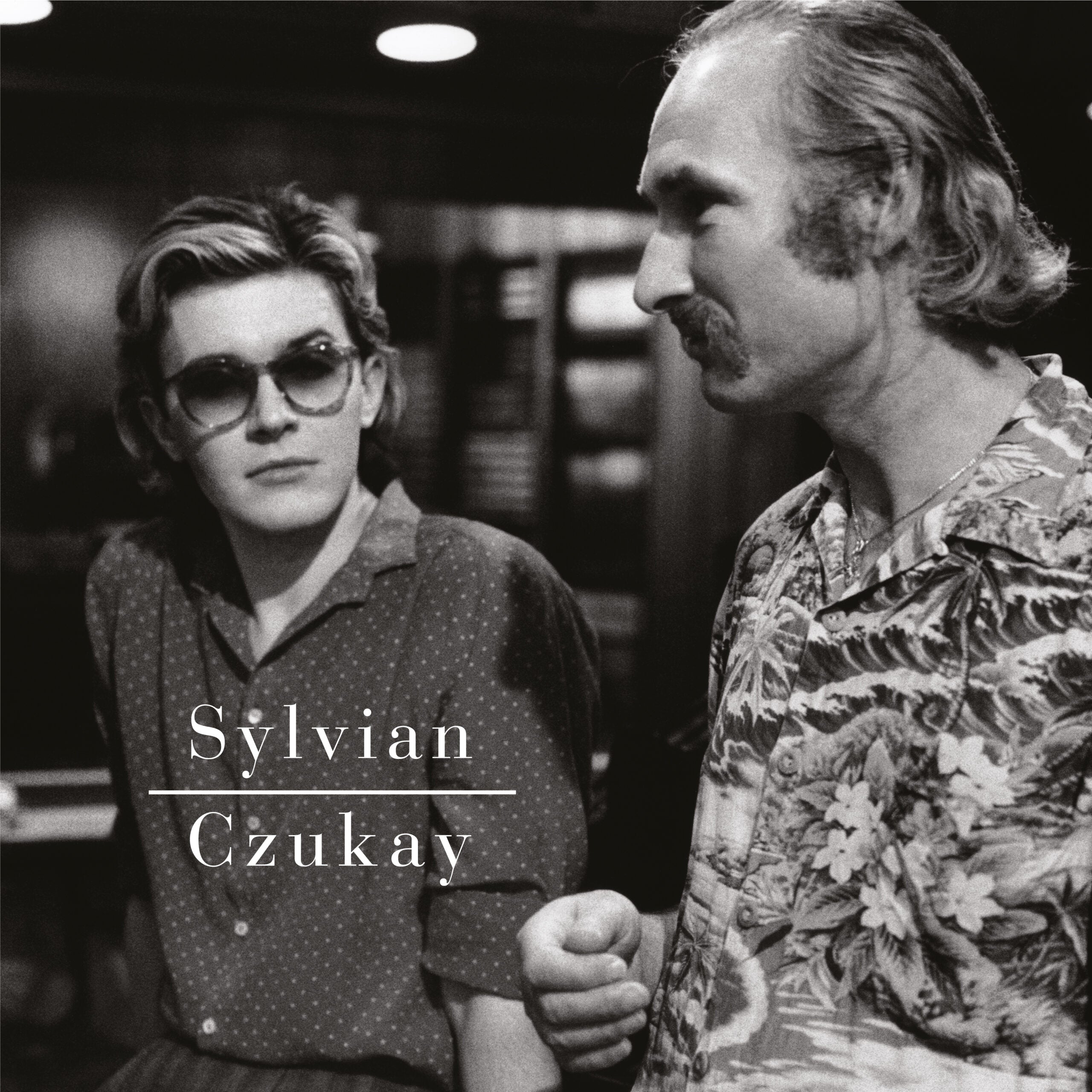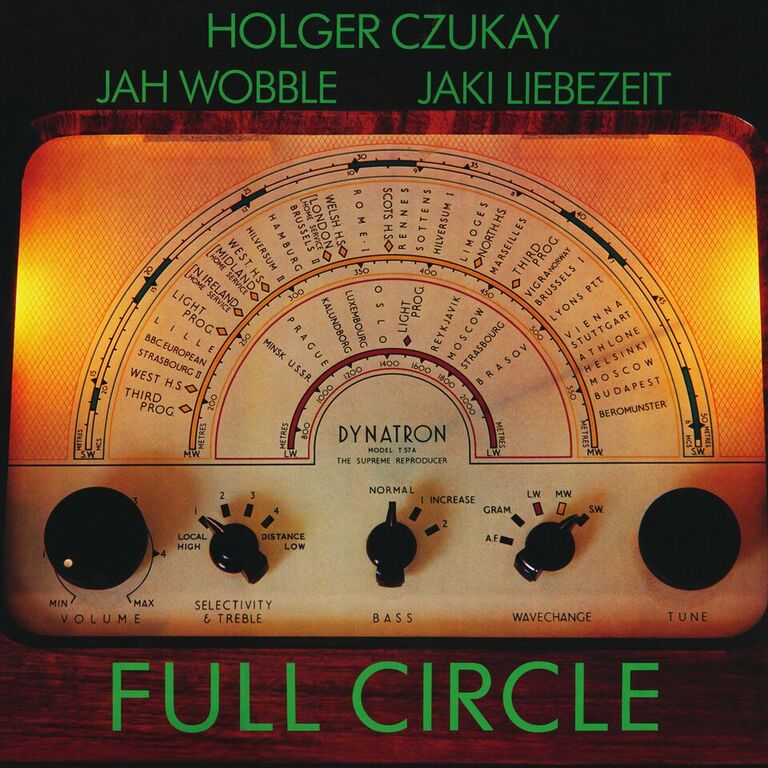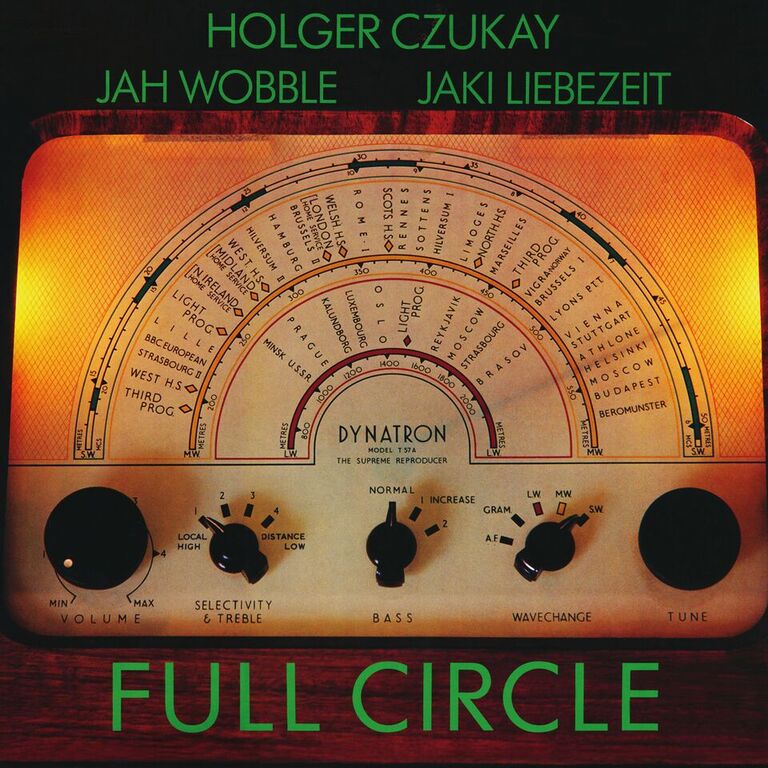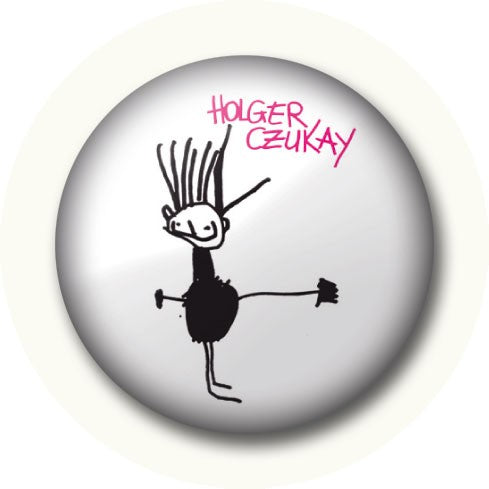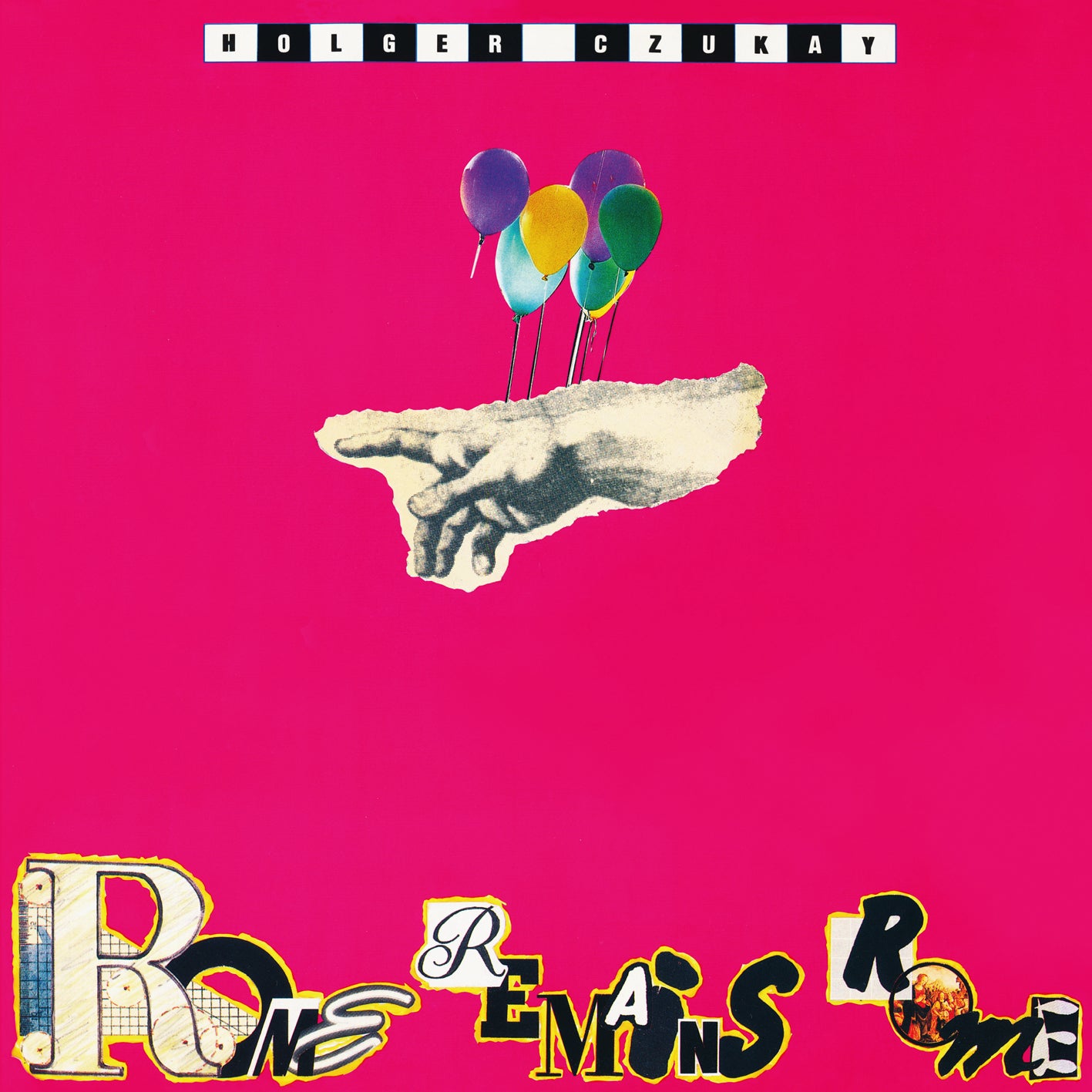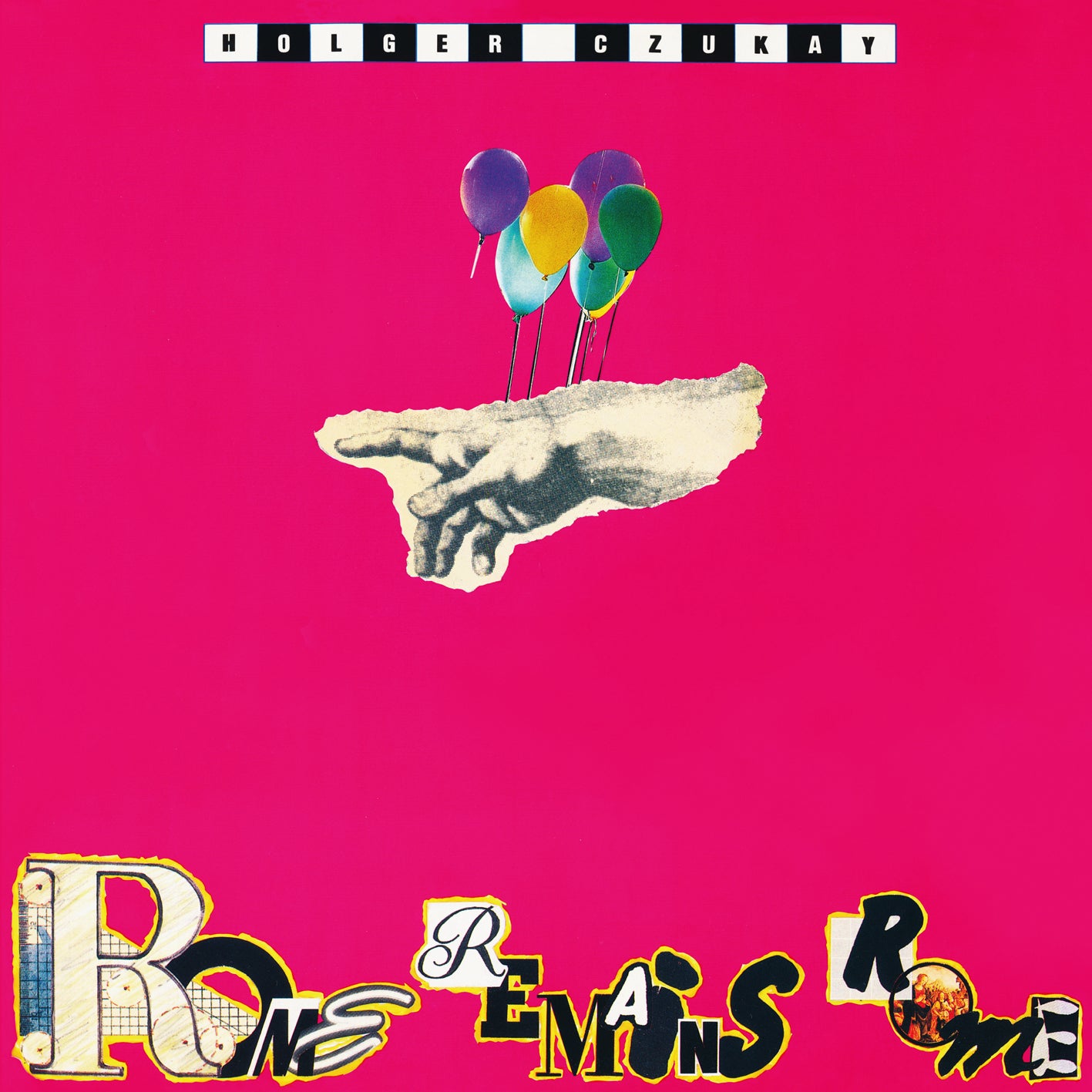Holger Czukay
Holger Czukay, klanglicher Visionär und Avantgarde-Meister, hinterlässt ein inspirierendes Erbe voller experimenteller Soundlandschaften, das die Musikwelt weiterhin prägt.
On March 23rd 2018 (March 24th 2018 marks Holger`s 80th birthday) we will be releasing a 5 vinyl box showing an overview of Holger Czukays solo works and collaborations.
The box includes 5 vinyls – including previously unreleased songs, a DVD with the film „Krieg der Töne / The War Of Sounds“ starring Holger Czukay as the main character (he also wrote the score for the film) and a 7inch (VinylVideo), as well as a lush booklet with previously unseen pictures.
tracklisting:
Vinyl 1
1. Holger Schüring Quintett – Konfigurationen (1960, previously unreleased)
2. Technical Space Composer’s Crew – Canaxis (1969, Canaxis 5)
3. Technical Space Composer’s Crew – Boat Woman Song (1969, Canaxis 5)
4. Cluster & Eno – Ho Renomo (1977, Cluster & Eno)
Vinyl 2
1. Holger Czukay – Oh Lord Give Us More Money (1979, Movies)
2. Holger Czukay – Persian Love (1979, Movies)
3. Holger Czukay – Cool In The Pool (1979, Movies)
4. Holger Czukay – Hollywood Symphony (1979, Movies)
5. Les Vampyrettes (Czukay/Plank) – Biomutanten (1980, Les Vampyrettes)
Vinyl 3
1. Les Vampyrettes (Czukay/Plank) – Menetekel (1980, Les Vampyrettes)
2. Phew (Phew/Czukay/Liebezeit/Plank) – Signal (1981, Phew)
3. Holger Czukay – Witches Multiplication Table (1981, On The Way To To Peak Of Normal)
4. Holger Czukay – On The Way To The Peak Of Normal (1981, On The Way To To Peak Of Normal)
5. Holger Czukay – Ode To Perfume (1981, On The Way To To Peak Of Normal)
6. Holger Czukay – Two Bass Shuffle (1981, On The Way To To Peak Of Normal)
7. Holger Czukay/Jaki Liebezeit/Jah Wobble – How Much Are They? (1982, Full Circle)
Vinyl 4
1. Holger Czukay/Jaki Liebezeit/Jah Wobble – Trench Warfare (1982, Full Circle)
2. Holger Czukay/Jaki Liebezeit/Jah Wobble – Full Circle R.P.S. (No. 7) (1982, Full Circle)
3. Holger Czukay/Jaki Liebezeit/Jah Wobble – Twilight World (1982, Full Circle)
4. Holger Czukay – The Photo Song (1984, Der Osten Ist Rot)
5. Holger Czukay – Der Osten Ist Rot (1984, Der Osten Ist Rot)
6. Holger Czukay – Das Massenmedium (1984, Der Osten Ist Rot)
7. Holger Czukay – Träum Mal Wieder (1984, Der Osten Ist Rot)
8. Holger Czukay – Hey Baba Reebop (1987, Rome Remains Rome)
9. Holger Czukay – Hit Hit Flop Flop (1987, Rome Remains Rome)
Vinyl 5
1. Holger Czukay – Perfect World (1987, Rome Remains Rome)
2. Holger Czukay – Music In The Air (1987, Rome Remains Rome)
3. Holger Czukay – Ride A Radiowave (1991, Radio Wave Surfer)
4. Holger Czukay – We Can Fight All Night (1991, Radio Wave Surfer)
5. Holger Czukay – Through The Freezing Snow (1991, Radio Wave Surfer)
6. Holger Czukay w/ Karlheinz Stockhausen – Breath Taking (2008, Second Life, previously unreleased)
7. Holger Czukay & U-She – La Premiere (2008, Second Life)
8. Holger Czukay / Ursa Major – 21st Century (2007, 21st Century)
9. Bison (Czukay/Murphy/Smith) – Mandy (2004, Travellers)
Nachruf:
Es ist schwierig, von einem Meisterwerk im Sinne eines Höhepunktes zu sprechen, wenn es um das Schaffen eines Meisters geht. Und Holger Czukay war ein Meister, jedes seiner Werke weiß davon zu erzählen. Der 1938 in Danzig geborene Schüler Stockhausens glänzte mit seinen Veröffentlichungen, fing bereits 1960 unter bürgerlichem Namen mit dem Holger Schüring-Quintett an, baute seit 1969 starke, kunstvolle Brücken zwischen Avantgarde und Pop – und gilt bis heute als eines der einflussreichsten internationalen Aushängeschilder klanglicher Innovation aus Deutschland. Nicht nur seine eigenen Veröffentlichungen beweisen dies, auch die unzähligen Platten, an denen er als Musiker oder Produzent beteiligt war, boten ein Maß an Originalität, Innovation und Humor, das nicht zuletzt durch den universellen Dilettanten, wie sich Czukay selbst gern nannte, entstand!
Czukays Facettenreichtum und sein spontaner, situativer Zugang, der ihm beispielsweise in seinen vielumjubelten Zusammenarbeiten mit Can-Kollege Jaki Liebezeit, Jah Wobble und The Edge (Full Circle 1982, Snake Charmer 1983) viel Bewunderung einbrachte, zeigte den sympathischen Musiker als Dreh- und Angelpunkt einiger der wegweisendsten Schallplatten der Musikgeschichte des späten 20. Jahrhunderts – und dies nicht nur in Deutschland. Eurythmics, Brian Eno, Conny Plank, Phew, David Sylvian, S.Y.P.H. – die Liste der Kollaborationen ist lang, noch länger wäre die Aufzählung derer, die er mit seiner Kunst inspirierte. Damon Albarn etwa traf Czukay und fand durch ihn seine Idee von den Gorillaz. Doch das ist nur eine von unendlich vielen Anekdoten aus einem bewegten Leben.
Interessant an Czukays Schaffen war dabei die Bildhaftigkeit, die seine akustische Arbeit stets mit sich brachte. 1979, kurz nach der Auflösung von Can, mit denen er als Gründungsmitglied zwölf Studioalben veröffentlichte, erschien etwa »Movies«, sein zweites Soloalbum nach »Canaxis 5« (das er schon 1969 zu Beginn seiner musikalischen Karriere mit Rolf Dammers heimlich im Kölner Stockhausen-Studio aufgenommen hatte). In »Movies« zeigte sich konkreter denn je: Sein Verfahren, aus der Situation der Aufnahme heraus auch vermeintliche Sound-Unfälle in seine Stücke zu integrieren, etwa durch die Verwendung von zufällig gefundenen Radiowellen, schuf musikalische Assoziationsketten, die das sprunghaft Visuelle der Post-Moderne zu Klang brachten, wie man es sonst nur aus dem experimentellen Kino kannte. »Movies« war dabei auch eine Konsequenz aus der Affinität für Filmmusiken, die schon seit der »Soundtracks«-Compilation (1970) die Geschichte von Can begleitete. Hier manifestierte sich spätestens Holgers Status als Großmeister der analogen Schnitttechnik.
Holger Czukay verstarb am 5. September 2017 nur wenige Wochen nach dem Tod seiner Partnerin Ursa Major. Bis zuletzt lebte er inmitten seiner Instrumente in dem alten Kino in Weilerswist bei Köln, wo so viel Musikgeschichte geschrieben wurde.
–Hendrik Otremba



